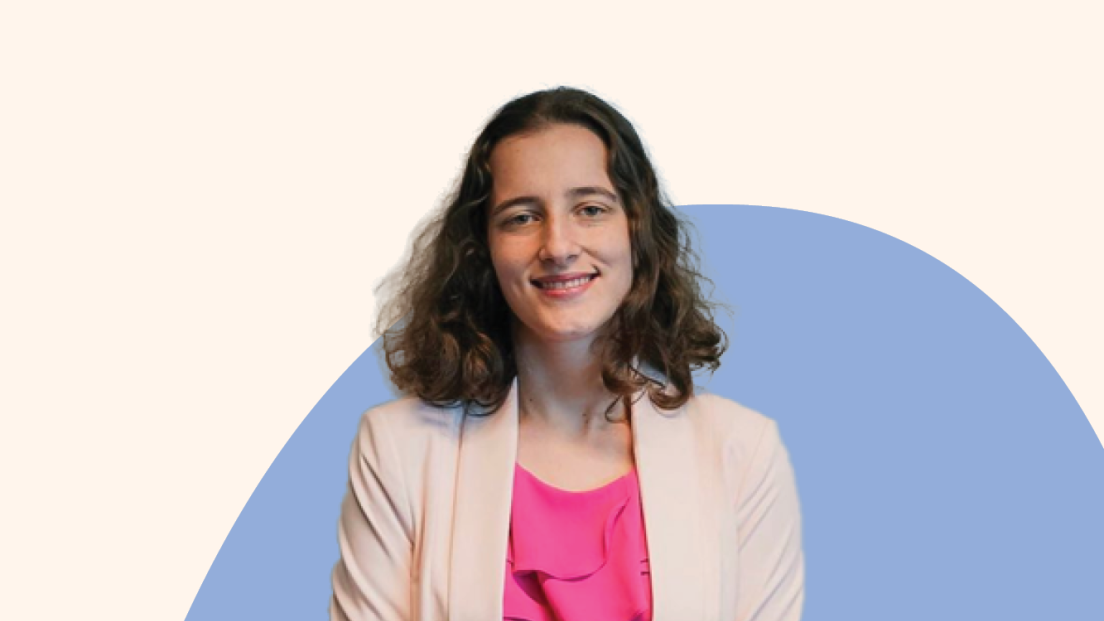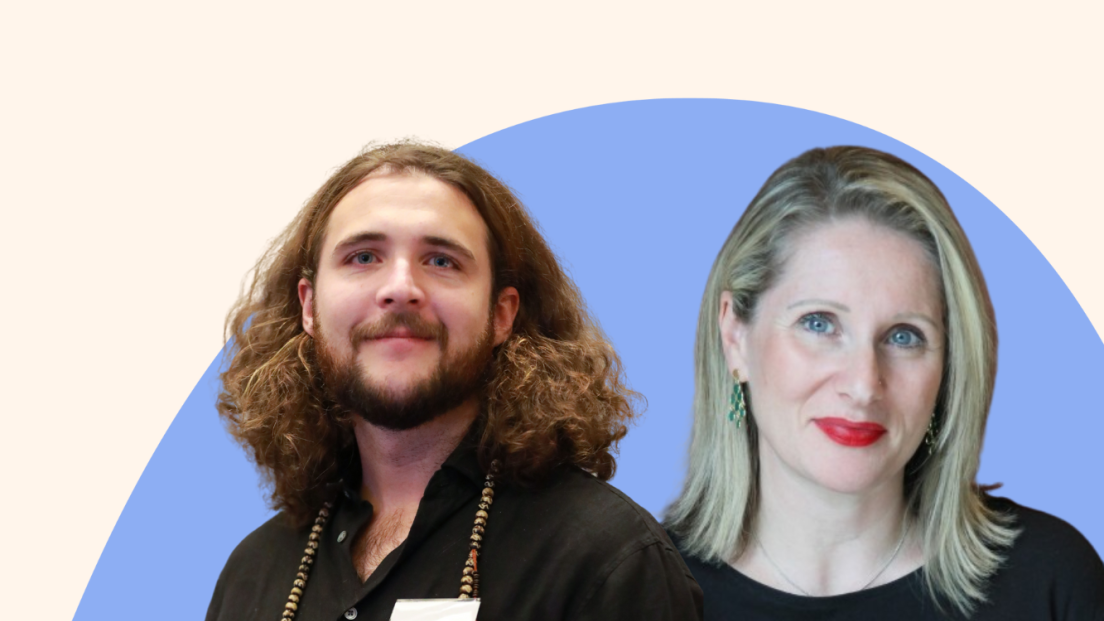Our experts share the early signs of autism to assist parents and carers who are having concerns about a child’s development. We know there are several common early signs that indicate it’s worth seeing a doctor and finding out what support is available for your family.
What are the common early signs of autism?
During a diagnostic assessment, a health professional will examine two main areas of functioning:
1. Social communication and interaction
Early communication signs of autism include:
- Looks away when you speak to him/her
- Does not return your smile
- Lack of interest in other children
- Seems to be in his/her own world
- Lack of ability to imitate simple motor movements e.g. clapping hands
- Prefers to play alone
- Very limited social play e.g. “Peek-a-boo”
- Not responding to his/her name by 12 months
- Loss of previously learned words
- Unusual speech pattern e.g. repetitive speech
A health professional will observe how a child interacts with and relates to other people. They will also look at how he or she uses and understands non-verbal communication, and how he or she develops, maintains and understands relationships.
2. Restrictive, repetitive behaviours, interests or activities
Early behavioural signs of autism include:
- Has unusual interests, attachments or ‘obsessions’ e.g. Fixated on doors, air conditioning units
- Has unusual motor movements e.g. Hand flapping, spinning, walking on tiptoes
- Has difficulty coping with change
- Rigidity of thought e.g. Has trouble understanding sarcasm or humour
- Unusual distress reaction to some everyday sounds
- Uses peripheral vision to look at objects
- Sensory-related behaviours such as preoccupation with certain textures, or avoids certain textures
- Plays with objects in unusual ways e.g. Repetitive spinning, sorting or lining up.
How is autism diagnosed?
Autism is diagnosed by a paediatrician, psychologist or multi-disciplinary team and involves gathering information to understand the child and how they function in the world. There will be one-on-one observation and information collected from the child, parents and teachers. A standardised assessment tool will be used and compared to DSM-V criteria for Autism Spectrum Disorder (ASD). The DSM-V is the most widely accepted criteria in Australia, including by the National Disability Insurance Scheme (NDIS) and Department of Education.
If a child fulfils the DSM-V criteria, the health professional will also provide a severity rating of 1, 2 or 3. Severity ratings aim to reflect the support level likely required:
- Level 1 – requires support
- Level 2 – requires substantial support
- Level 3 – requires very substantial support
Severity levels can fluctuate over time and change as the child receives different supports. Support can range from formal methods such as having a teacher’s aide at school, or access to therapy and early childhood supports. Informal support can include support from parents, teachers, information sessions and workshops.
How can you spot the early signs of autism in children?
Research shows that by two years old a child will be meeting certain milestones including:
- Showing interest in his/her siblings or peers
- Bringing you items to show you
- Following your gaze to an object when you point
- ‘Pretend play’, such as feeding a doll
- Using many spontaneous single words or two-word phrases
Parents and carers often can’t put their finger on something that’s ‘wrong’ but often say that ‘something just didn’t feel right’, like regressing in their development or not advancing on from a particular stage. If you’re concerned about any of these missed milestones it is recommended to see a health professional.
Earlier diagnosis is better
When a child on the autism spectrum is diagnosed early, they are able to access support earlier. Research shows early support means they are more likely to have better outcomes such as improved cognitive, developmental and adaptive functioning, enhanced language and social skills compared to children who are diagnosed later.
But what happens if a family's financial disadvantage puts that diagnosis out of reach?
Early diagnosis should be available to all families, not just the privileged. Unfortunately, for many, the biggest barrier to getting a diagnosis is cost.
“While there is no doubt that appropriate evidence-based, autism-specific support can improve outcomes for Autistic people at any age, the sooner this support commences the better. Starting childhood support early may also prevent the development of secondary characteristics of autism such as challenging behaviours and co-morbid mental health problems like anxiety.” - Trevor Clark – National Director, Aspect Research Centre for Autism Practice (ARCAP).
It can make families feel helpless to know that the only thing between their child and access to these specialised services is the cost of an assessment.
You can change that.
You can help children get the early diagnosis they need to access early childhood support including occupational therapy, speech therapy and psychology.
You can change their futures and give them the tools to lead more independent lives.
Every day counts. Every dollar counts.
Access to an early diagnosis can be life-changing. A monthly, tax-deductible donation can help ensure that families don’t miss out on the vital services they need - it could even protect their education by providing an Aspect school sponsorship.
Every donation from our powerful community of supporters will contribute towards our goal of creating a world where no one on the autism spectrum is left behind.



